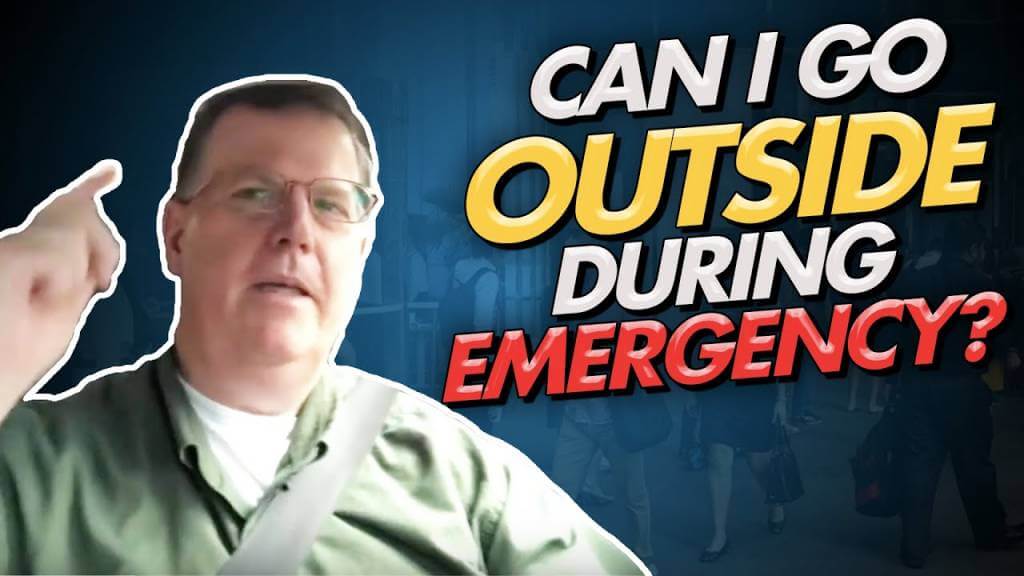Convicts of burglary in Virginia risk severe penalties, including life imprisonment and hundreds of dollars in fines. As scary as it sounds, many accused persons have had their cases dismissed or the sentences reduced to a more lenient penalty.
While an experienced lawyer in Virginia is necessary in all other cases, you shouldn’t risk dealing with a burglary accusation without legal guidance. Our Fairfax criminal defense attorney has been helping people fight criminal charges in Northern Virginia and can help you too.
What are the Types of Penalties for Burglary?
Once you are convicted of burglary, the punishment varies depending on the situation. Here is how convicts can be punished:
Prison/Jail
The circumstances related to each burglary case are different, and thus, the prison terms vary widely. But since burglary is a felony in Virginia, the minimum penalty is a year in the state prison.
Fines
Burglary fines can be hefty. If you can get a skilled Fairfax burglary defense lawyer to convince the prosecution to drop the charges, the better it will be for you. It may save you thousands of dollars.
Restitution
On top of any fines imposed by the court, convicts may be ordered to pay restitution. This only applies if the property was lost or damaged during the burglary. But if you committed the burglary without damaging or taking anything, the court cannot ask you to compensate the complainant.
Probation
Probation can be a penalty on its own, or it can be imposed along with the jail term. The convict will be required to comply with conditions like submitting to home searches, drug testing, and reporting to the probation officer. Failure to adhere to these requirements could mean serving the original prison term.
How is Burglary Classified in Virginia?
If one commits burglary, their offense can fall under Class 2, 3, or 6 felonies. In other cases, it can be treated as statutory burglary. A Fairfax burglary defense lawyer can examine your case and explain the possibilities. One of the goals of hiring a Virginia criminal defense attorney is to help you get the least possible sentence; if the charges cannot be dropped.
Class 2 and 3 felonies attract jail terms of up to 20 years or life imprisonment in some instances. If the charges are lowered to a class 6 felony, you may only serve up to 6 years in prison. The penalties for statutory burglary are similar to the Class 2 and 3 burglaries; the maximum sentence is 20 years.
How is Burglary Different from Breaking and Entering?
People often confuse the breaking and entering offense with burglary offenses in Virginia, but they are quite different. Knowing how to differentiate the two ensures that you are not charged wrongly. Here are the main distinct differences:
The Entry
Breaking and entering involve:
- Entering a structure at night.
- Entering and hiding.
- Breaking and entering during the day or night.
Burglary, on the other hand, involves both breaking and entering a house where people dwell.
The Location
Breaking and entering can occur either in a dwelling house or business premises. Burglary in Virginia can only happen in a property where people reside.
Time of Day or Night
You cannot be convicted for burglary if the crime occurred during the day. Breaking and entering, on the other hand, can happen at any time of day or night.
The Intent
If you intended to commit a larceny or felony, you could be charged with burglary. Some breaking and entering charges in Virginia require the intent to commit battery and assault, theft, arson, murder, robbery, or rape.
The Penalties
Breaking and entering to commit a misdemeanor other than trespass or battery and assault attracts a $2,500 fine and a jail term of between 1-5 years. If the intent was to batter and assault, commit larceny, or other felonies, one can be jailed for between 1-20 years with a fine of $2,500. The fine could go as high as $100,000 and a sentence of 5-20 years if the intent was to rape, murder, rob, or arson.
Burglary convicts can serve a prison sentence of up to 20 years, and the fine can go up to $100,000. Being armed with a deadly weapon can elevate the seriousness of both burglary and breaking and entering charges.
What Criteria Is Used in Common Law and Statutory Burglary Cases?
The law in Virginia is particular in defining various aspects of a burglary case. Here are some of the terms used and what they actually mean:
Nighttime – This is 30 minutes before sunrise and 30 minutes after sunset.
Actual breaking – Force was used, no matter how slight, for example, pushing the door slightly.
Constructive breaking – The defendant used devious means, threats, master keys, or trickery to gain access.
Entering – A part of or the entire body of the accused entered the premises, for instance, their hand.
What Defenses Can My Virginia Attorney Use in the Burglary Case?
A burglary defense attorney in Fairfax, VA, understands all the legal provisions that can possibly save you from the penalties that come with a burglary conviction. They can have the charges reduced or even dismissed.
Lack of Intent
If you were escaping from robbers or a mob and had to force yourself into someone’s house, you shouldn’t be convicted for burglary. In such a case, your intention wasn’t to commit a felony but to shield yourself.
Consent of Entrance
A person can allow you to their house and later accuse you of burglary out of malice or revenge. Communication through email or text messages can help you prove consent.
Actual Innocence
Your Virginia attorney can creatively put doubt in the judge’s mind by challenging the prosecutor’s evidence or proving that it is insufficient.
A Legal Professional Fighting for Your Freedom
The whole arrest procedure is a scary experience for most people; the handcuffs, the fingerprint being taken, and having the Miranda rights read to you. It is easy to get confused about what you need to do next.
But the best you can do for yourself is to get a seasoned criminal defense attorney in Fairfax, VA, whose track record has been proven. A high-quality defense is vital for the best outcomes in a criminal case. Talk to attorney Scott C. Nolan, PLLC on (703) 223-8883 to get started.









